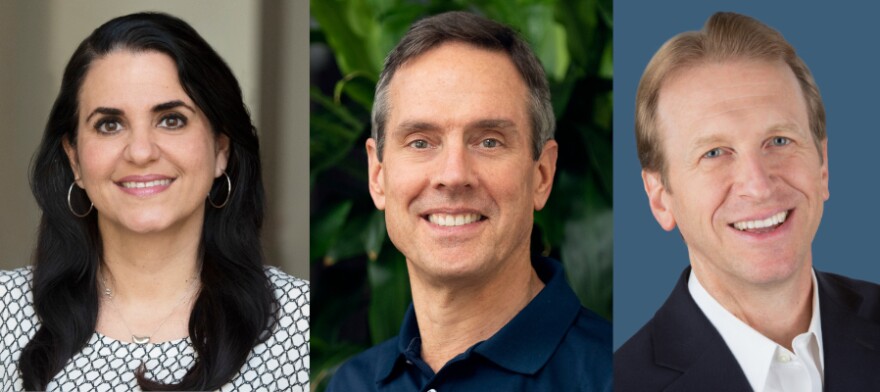Today, a conversation about how the coronavirus pandemic is creating not only hotspots for the virus, but new epicenters of hunger in countries all around the world. Millions of people, already suffering because of armed conflict, climate change, poverty and broken food supply systems, are now at greater risk for starvation.
The United Nations reports that there are nearly 60 million more people who are under-nourished now than there were in 2014. Arif Husain is the chief economist at the UN World Food Program. He estimates that by the end of this year, as a result of the COVID-19 pandemic, the number of people experiencing acute hunger in the world could increase by as much as 80 percent, to more than a quarter of a billion people. The relief group Oxfam says that could mean as many as 12,000 people around the world dying every day from hunger -- a death rate higher than that from COVID-19 alone.

To understand how hunger relief organizations are responding to this deepening crisis, we begin today with Haydee Diaz, the Head of Programs in Uganda for Catholic Relief Services. She joins us via Zoom from the Ugandan capital, Kampala.
Then, Tom is joined by Sean Callahan, the CEO of Catholic Relief Services and a 31-year veteran of the Baltimore-based agency… and Daniel Speckhard, the former US Ambassador to Greece and Belarus who now serves as the CEO of Baltimore-based Corus International, a family of agencies that includes Lutheran World Relief and IMA World Health. Joining us by Zoom, the relief-group leaders discuss the ongoing efforts of their organizations to alleviate poverty and hunger in developing countries, problems that have been seriously exacerbated by COVID-19.





